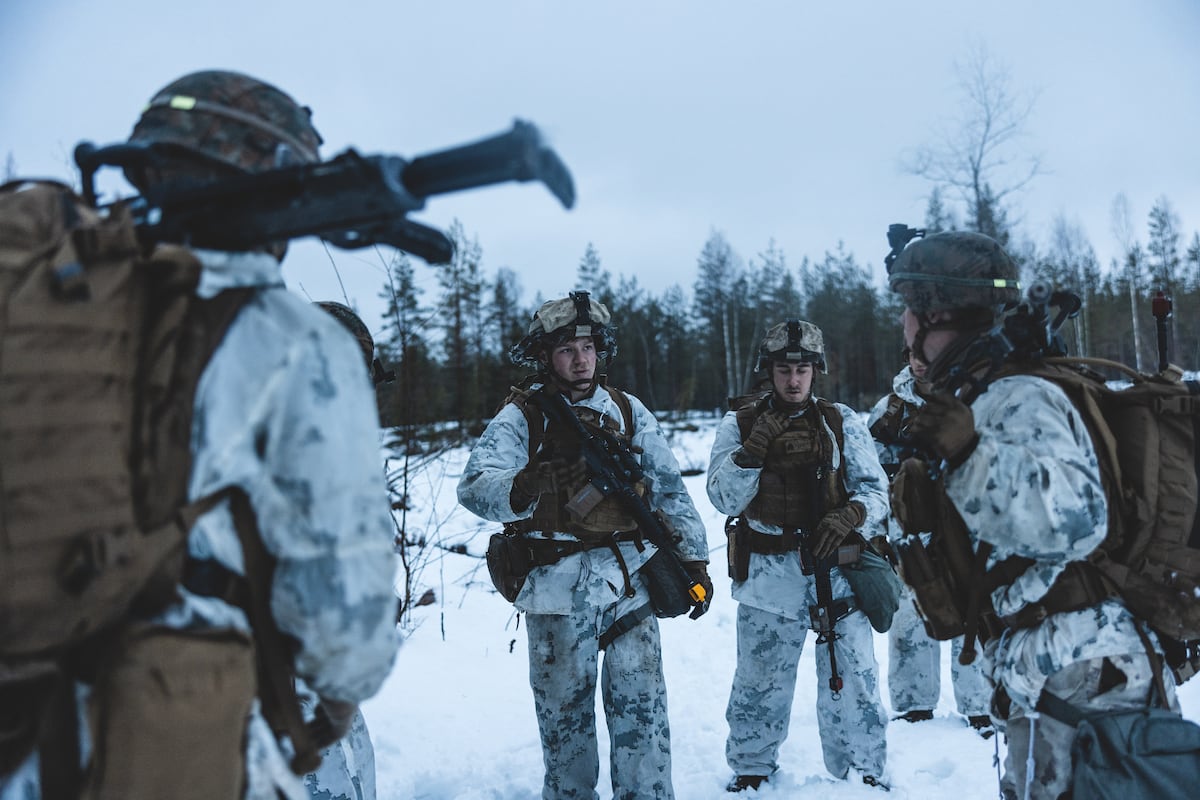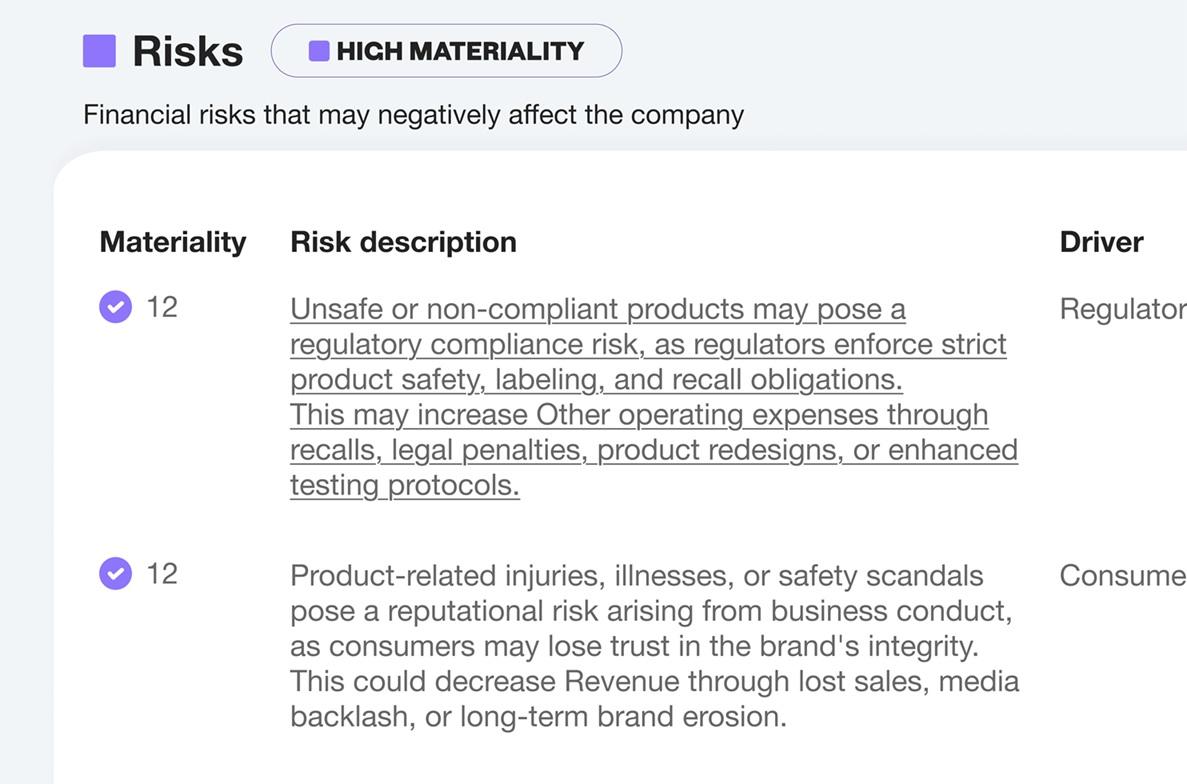The escalating collaboration between China and Russia in the Arctic is prompting urgent reassessment within U.S. defense circles, as highlighted by Iris A. Ferguson, the deputy assistant secretary of defense for Arctic and Global Resilience. This partnership, marked by joint military exercises and strategic initiatives, poses a significant challenge to U.S. interests in a region that is becoming increasingly vital due to climate change and geopolitical shifts. With China intensifying its military presence and pursuing scientific projects that could yield economic advantages, the Pentagon is compelled to confront a dual threat: a militarized Arctic and the potential for China to establish a foothold just off the U.S. coast. The urgency is underscored by the rapid warming of the Arctic, which is opening new shipping routes and altering the strategic landscape.
The Pentagon's 2024 Arctic Strategy emphasizes the need for a robust U.S. presence in the region, advocating for enhanced military exercises and partnerships with northern European allies to counter the growing influence of China and Russia. Ferguson stresses the importance of understanding the long-term strategic interests of these nations while safeguarding U.S. objectives. The strategy calls for a multifaceted approach that includes routine training and operational readiness to ensure the stability of international waterways. As the geopolitical dynamics evolve, the U.S. must remain vigilant and adaptable, leveraging alliances to deter potential aggression and maintain its strategic posture in the Arctic, a region that is increasingly becoming a focal point of global competition.








